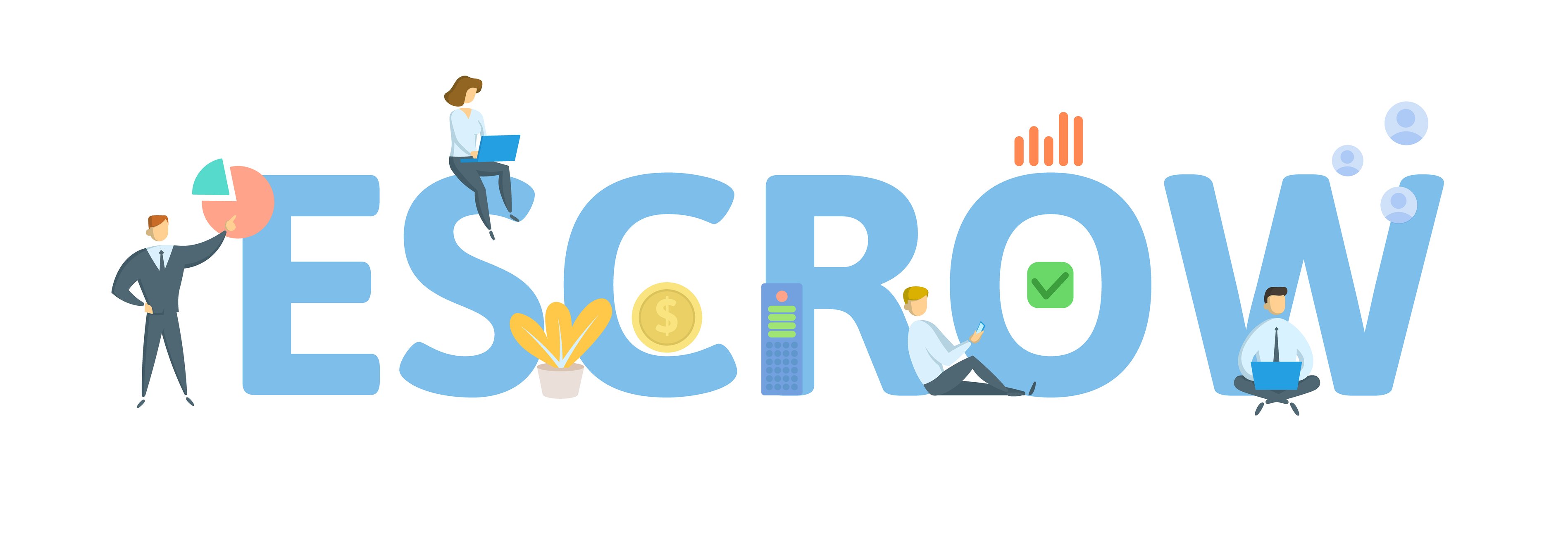An Overview of an Escrow Account

Buying a house can be a confusing and complicated process, especially for first-time buyers. So many unfamiliar terms, practices, and procedures; so many rules and regulations to follow. Of course, it’s all worth it in the end, when you finally get the keys to your new home and take possession of it, but in between, the process can seem full of convoluted twists and turns.
One issue that buyers must become familiar with is the subject of escrow and how it pertains to the buying of a home, as well as the servicing and payment of your mortgage
In Escrow
Let’s assume that you and a seller have agreed on a price for your new home and have signed a purchase agreement. At that point, you will be required to put up some “earnest money” which is like a good faith deposit, representing your intentions to buy the house. Ultimately, this deposit will be applied to the amount of your down payment. This earnest money is deposited into an “escrow account” which is typically managed by an escrow company or another outside service as specified in your purchase agreement.
The escrow company acts as a neutral third party whose function is to collect the required funds and documents involved in your loan closing. This includes your initial earnest money, all loan documents, and the signed deed.
At this point, you are considered to be “in escrow”. Then, all the next steps in the home buying process must take place, which includes obtaining bank approval, securing your financing, completing all appraisals and inspections, purchasing hazard insurance, conducting your walk-throughs – everything that needs to be done in order to get to a closing.
Loan Closing
Not every state is exactly the same when it comes to the closing process but for sure, you will be signing a mountain of paperwork. The seller will also have paperwork to sign. After everything is signed, the escrow officer will prepare a new deed naming you as the property's owner and send it to the county recorder. You will also submit a check for the remaining amount of your down payment and closing costs, and your lender will wire your loan funds to escrow so the seller can be paid.
Congratulations, you are now a proud homeowner! However, another escrow account must be established to hold the funds needed to pay your taxes and insurance.
Escrow Accounts for Taxes And Insurance
After closing, your lender (or mortgage servicer) may establish an escrow account to pay for your taxes and insurance. Each month, a portion of your monthly mortgage payment will go into your escrow account and will be used to pay your taxes and homeowners insurance when they become due.
The amount required for escrow can vary annually because your tax bill and insurance premiums can change from year to year. Your servicer will decide what your escrow payments should be for the next year, based on the bills they paid the previous year.
Your mortgage lender or servicer will evaluate your escrow account annually to make sure they’re not collecting too much or too little. If they determine they’ve collected too much money for taxes and insurance, they’ll provide a refund. If their evaluation shows they’ve collected too little, you will have to make up the difference.
Escrow is a necessary and critical part of the home buying process. It protects buyers and sellers during home sales and also offers a convenient way to pay your taxes and insurance.
For further information about escrow accounts, especially as they pertain to your tax and insurance payments, please check out our videos.


